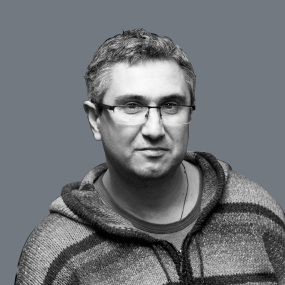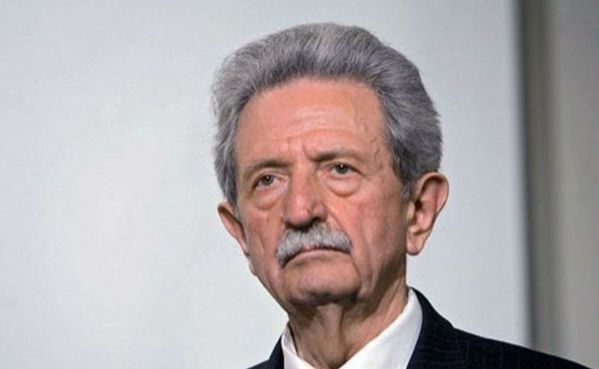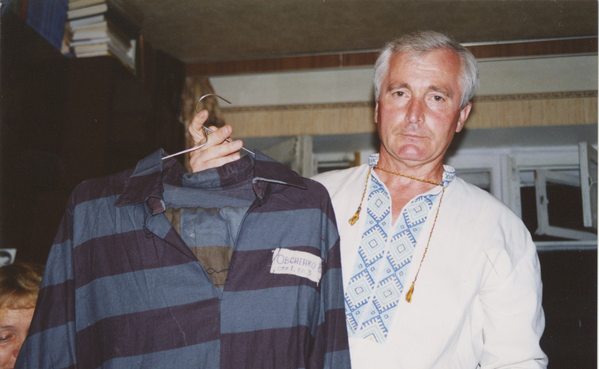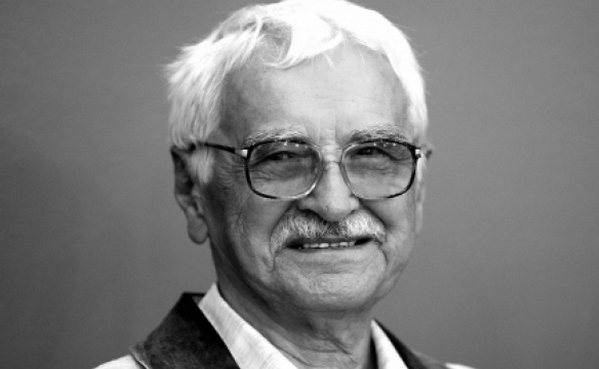Levko Lukianenko
Lukianenko Levko Hryhorovych (b. 24 August 1928, Khrypivka village in Chernihiv district, Ukrainian SSR, USSR, – d. 7 July 2018, Kyiv, Ukraine).
Levko Lukianenko had been a Soviet government opponent since his youth. He decided that in order to resist the regime successfully, one has to reach the top positions. With this in view, young Lukianenko joined Komsomol and the party. An important step on his way was to study law at the most prestigious USSR university – the Moscow State University.
After the graduation, by way of the professionals distribution system, Lukianenko became a propagandist at Radekhiv district committee in Lviv region. The next year he transferred to advocadeship.
In 1959, Luikianenko and his several like-minded fellows decided to create an underground oppositional organization – the Ukrainian Workers' and Peasants' Union (UWPU). They planned to fight for human rights peacefully, and later – for Ukrainian independence.
The State Security Committee found out about the UWPU's existence fairly quickly, and in 1961 all of its members were arrested. Levko Lukianenko was sentenced to execution for "treason" (Article 56, Paragraph 1), and "organizational activities aimed at committing especially dangerous crimes against the State" (Article 64 of the Criminal Code of the Ukrainian SSR). Later, the Supreme Court substituted the execution for 15 years in prison.
Lukianenko served his term in Mordovian colonies, and the "Vladimir" and Chernihiv prisons. Behind the bars, the dissident fought for political prisoners' rights, and went on several hunger strikes in protest.
After the release in 1976, Lukianenko settled in Chernihiv. He found a job as an electrician at a regional children's hospital.
Despite the recent severe punishment and the KGB and police supervision, Lukianenko didn't stop his fight, and soon after the release became a member of the newly founded Ukrainian Helsinki Group. The next year he was arrested again.
In 1978, the Chernihiv Regional Court declared Levko Lukianenko guilty of anti-Soviet campaigning and propaganda (Article 62 Paragraph 2 of the Criminal Code of the Ukrainian SSR) and sent him to camps for 10 years, and for five years in exile.
When Lukianenko had finished with his colony term and was sent in exile, Perestroika was unrolling in the USSR, and political life was heating up. In 1988, he was elected the head of the revived UHG "in absentio", which soon became the Ukrainian Helsinki Union (UHU). At the end of that same year, the Presidium of the Verkhovna Rada of the Ukrainian SSR pardoned the political prisoner. He was set free, and returned to Ukraine soon.
In March 1990, Levko Lukianenko was elected a deputy of the Verkhovna Rada of the Ukrainian SSR. Based on the UHU, in April of that year the Ukrainian Republican Party was formed (URP), and Lukianenko became its leader.
Levko Lukianenko authored a historical document – the Act of Declaration of Independence of Ukraine dated 24 August 1991. He ran for the first President of Ukraine elections in December 1991, and came third (4.49% votes).
Between 1992 and 1993, the former political prisoner had been the Ambassador of Ukraine to Canada. Later, he returned to politics, and became a deputy of the Verkhovna Rada of the 2nd, 4th, and 5th convocations.
His last years Lukianenko spent in Khotiv village in Kyiv region. He died in 2018, following a lengthy illness.
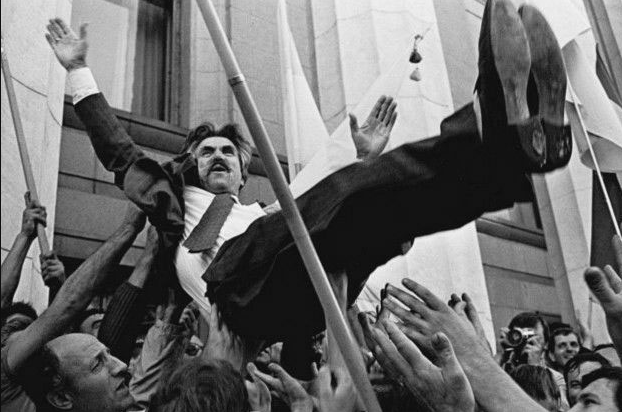
Повне інтерв'ю читайте у книзі "Дисиденти".


